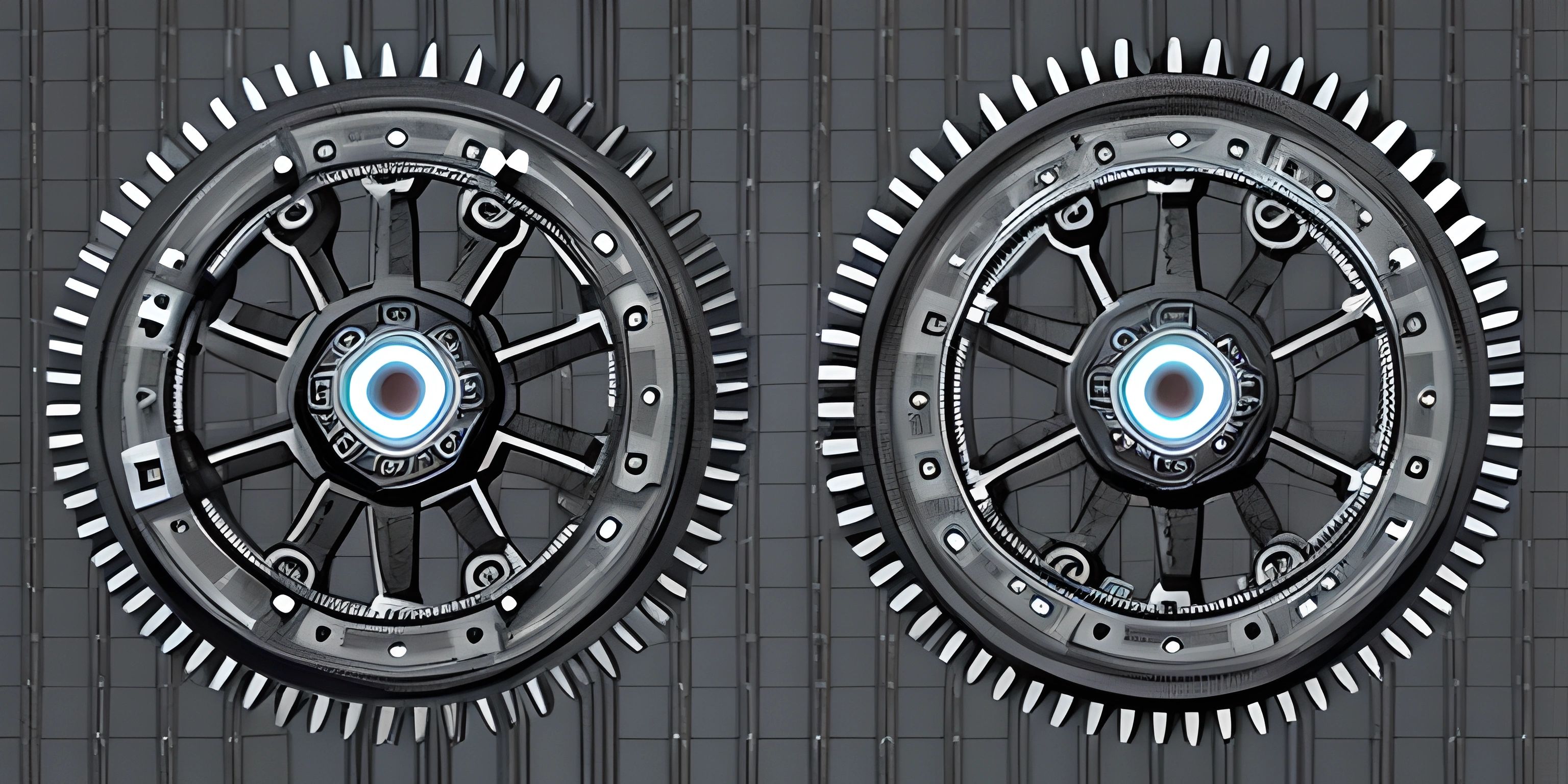C++ Introduction

Note: this page has been created with the use of AI. Please take caution, and note that the content of this page does not necessarily reflect the opinion of Cratecode.
C++ is a powerful programming language that has been around for a few decades, and it continues to be a popular choice among programmers. Whether you're new to programming or an experienced developer looking to learn something new, this article will help you understand the basics of C++ and its role in today's programming landscape.
History
C++ was developed by Bjarne Stroustrup in the early 1980s as an extension of the C programming language. Stroustrup wanted to add features like classes and object-oriented programming to C, which led to the creation of C++. The language quickly gained popularity, and it has since become one of the most widely used programming languages in the world.
Features
C++ is a powerful and versatile language with many features that make it suitable for a wide range of applications. Some key features of the language include:
-
Object-Oriented Programming: C++ supports the object-oriented programming paradigm, which allows for better organization of code and improved code reusability. This is achieved through features like classes, inheritance, and polymorphism.
-
Performance: C++ is known for its performance, as it allows for direct control over the hardware and low-level memory manipulation. This makes it an ideal choice for high-performance applications, such as gaming engines, operating systems, and scientific simulations.
-
Portability: C++ code can be compiled and executed on a wide range of platforms, making it a popular choice for cross-platform development.
-
Standard Template Library (STL): C++ comes with a powerful library called the Standard Template Library, which provides a collection of useful data structures and algorithms that can be easily integrated into your programs.
-
Community and Ecosystem: As one of the most popular programming languages, C++ has a massive community and a rich ecosystem of libraries, tools, and resources that can help you develop robust applications.
Uses
C++ is used in a variety of domains, including:
- Game development: Many popular game engines, like Unreal Engine and Unity (with native plugins), are built using C++.
- Operating systems: C++ is used in the development of major operating systems like Windows, macOS, and Linux.
- Web browsers: Popular web browsers like Google Chrome and Mozilla Firefox have portions of their codebase written in C++.
- Embedded systems: C++ is often used in the development of embedded systems and IoT devices, due to its performance and low-level control capabilities.
- Scientific computing: C++ is frequently used in computational simulations, data analysis, and other scientific applications that require high performance.
Getting Started
If you're excited to dive into the world of C++ programming, check out our C++ tutorial for a comprehensive guide on how to get started, from setting up your development environment to writing your first C++ program. Happy coding!
Hey there! Want to learn more? Cratecode is an online learning platform that lets you forge your own path. Click here to check out a lesson: Rust - A Language You'll Love (psst, it's free!).
FAQ
What is C++ and why is it important?
C++ is a general-purpose programming language that has had a significant impact on the world of software development. Created by Bjarne Stroustrup in 1985, it is an extension of the C programming language with additional features such as classes and objects. C++ is highly efficient, versatile, and widely used in various industries, including game development, embedded systems, operating systems, and high-performance computing.
How does C++ differ from C?
While C++ is an extension of C, there are several key differences between the two languages:
- C++ supports object-oriented programming (OOP), while C is strictly procedural.
- C++ provides classes and objects, which allow for better organization and reuse of code.
- C++ supports exception handling, which makes error handling more streamlined.
- C++ has a Standard Template Library (STL) that provides a variety of pre-built functions and data structures.
- C++ supports function overloading, allowing multiple functions with the same name but different parameters.
What are the main features of C++?
Some of the main features of C++ include:
- Object-oriented programming: Classes, objects, inheritance, polymorphism, and encapsulation.
- Templates: Enables generic programming by allowing functions and classes to operate on different data types.
- Standard Template Library (STL): A collection of pre-built functions and data structures such as vectors, lists, and queues.
- Smart pointers: A safer way to handle memory management.
- Lambda functions: Anonymous, inline functions that can be used in place of traditional function pointers.
What are some common uses of C++?
C++ is used extensively in various industries due to its efficiency, versatility, and performance. Some common uses include:
- Game development: Creating high-performance game engines and graphics.
- Embedded systems: Developing firmwares for devices such as microcontrollers and IoT products.
- Operating systems: Building the core components of operating systems like Windows and Linux.
- High-performance computing: Developing scientific simulations, data analysis tools, and machine learning algorithms.
- Web browsers: Implementing performance-critical components of web browsers like Google Chrome and Firefox.
How can I start learning C++?
To start learning C++, you can follow these steps:
- Familiarize yourself with the basics of C++ syntax, variables, data types, and control structures.
- Learn about functions, classes, objects, and other core features of C++.
- Practice using the Standard Template Library (STL) and its various data structures and algorithms.
- Try working on small projects to build your skills and gain practical experience.
- Explore advanced topics such as templates, smart pointers, and exception handling.
- Join online forums and communities to connect with other C++ learners and professionals.





